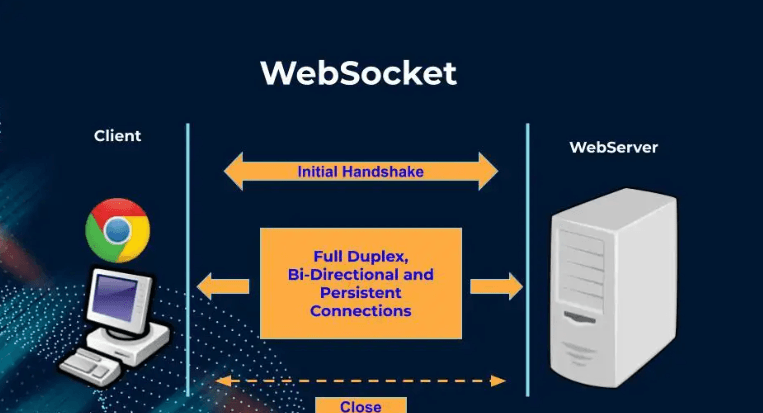Welcome to our collection of blogs, where we share knowledge, experiences, and stories that matter. Explore a variety of topics, gain fresh perspectives, and stay informed on trends and insights. Dive in and find your next source of inspiration today.


Axios is a powerful and popular JavaScript library used for making HTTP requests from the browser or Node.js. It simplifies the process of interacting with APIs by providing a clean and consistent interface for sending requests and handling responses. With Axios, you can easily send GET, POST, PUT, DELETE, and other HTTP requests while managing headers, query parameters, and request bodies with minimal effort. One of its standout features is automatic JSON transformation, which simplifies working with data formats between the client and server. Axios also excels at handling asynchronous requests with built-in support for Promises, making it easier to write clean and readable code. What sets Axios apart is its flexibility and feature set, such as support for interceptors, which allow you to modify requests or responses before they are sent or processed. It also offers robust error handling, allowing developers to gracefully handle API errors and retry failed requests when needed. Additionally, Axios includes features like timeout control, cancellation of requests, and the ability to upload or download files. Its versatility and ease of use make it an essential tool for developers building modern web applications. Whether you're working with REST APIs, handling authentication, or building integrations, Axios is the go-to HTTP client for reliable and efficient communication between your app and the server.
Read More

CORS (Cross-Origin Resource Sharing) is a critical browser security mechanism designed to regulate how resources are accessed and shared between different origins, where an origin is defined by the combination of protocol, domain, and port. It enforces the same-origin policy, a security measure that prevents web pages from making unauthorized requests to a different origin, thereby safeguarding sensitive user data. CORS allows servers to define specific origins that are permitted to access their resources by including headers like `Access-Control-Allow-Origin` in their responses. This feature is essential for preventing malicious activities such as Cross-Site Request Forgery (CSRF) while enabling legitimate cross-origin requests, such as fetching data from third-party APIs or building integrations between systems. By balancing security and flexibility, CORS plays a vital role in modern web application development, ensuring secure and efficient communication across origins.
Read More

WebSockets revolutionize how applications handle real-time communication, enabling persistent, full-duplex connections between a client and a server. Unlike traditional HTTP, where data is exchanged in a request-response pattern, WebSockets maintain an open channel, allowing instant data exchange with minimal latency. This makes WebSockets an ideal choice for applications like chat platforms, live notifications, collaborative tools, gaming, and financial dashboards. One of the biggest advantages of WebSockets is efficiency. By keeping the connection open, WebSockets eliminate the overhead of establishing a new connection for every interaction, drastically reducing latency and improving performance. They also support bidirectional communication, meaning both the client and the server can send messages to each other independently without waiting for a request. With support for binary and text data, WebSockets cater to a variety of use cases, making them highly versatile. As real-time experiences become a cornerstone of modern applications, leveraging WebSockets is essential for developers aiming to deliver fast, interactive, and engaging user experiences.
Read More